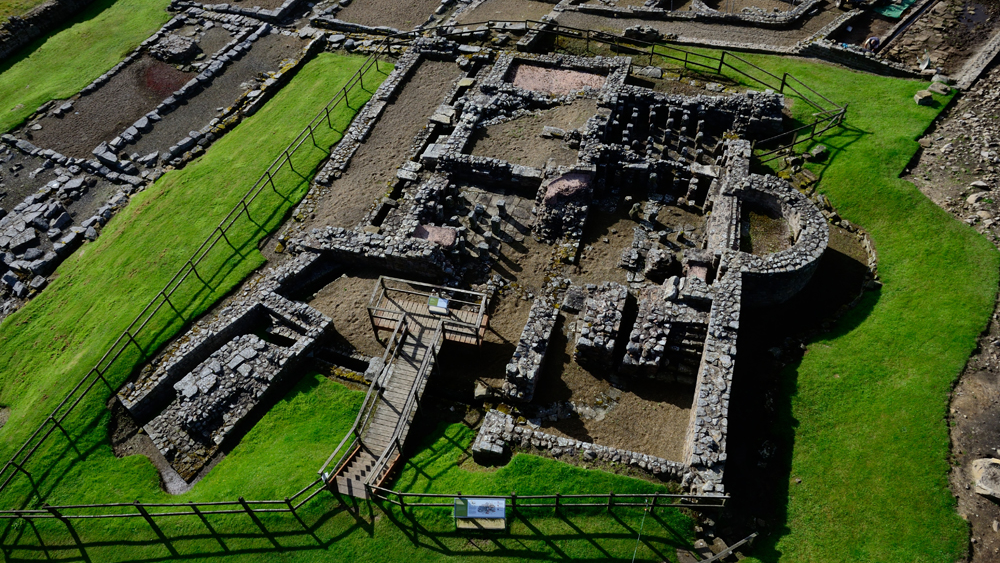Can Sex Trigger Cardiac Arrest?

Can having sex cause your heart to suddenly stop beating? A new study suggests that, although this can happen, it's very rare.
In the study, researchers analyzed information from more than 4,500 people who experienced sudden cardiac arrest, a condition in which the heart abruptly stops beating due to problems with the heart's electrical activity.
Among these cases, less than 1 percent of cardiac arrests occurred during or immediately after sexual activity, the study found.
The study is the first to examine sexual activity as a potential trigger for sudden cardiac arrest among the general population, the researchers said. The findings were presented today (Nov. 12) at the American Heart Association's Scientific Sessions meeting in Anaheim, California, and are published in the Journal of the American College of Cardiology. [Top 10 Amazing Facts About Your Heart]
"While sudden cardiac arrest is a devastating condition with a high chance of death, the likelihood of this occurring during sexual activity … was extremely low," said Dr. Sumeet Chugh, medical director of the Heart Rhythm Center at the Cedars-Sinai Heart Institute in Los Angeles and senior author of the study.
"This is a reassurance that can now be provided to heart disease patients, and will be based on actual data," Chugh told Live Science.
In the rare instances in which sex was linked with cardiac arrest, almost all of the cases — 94 percent — were in men, the study found: Among men, about 1 in 100 cases of cardiac arrest were linked with sex, compared with just 1 in 1,000 cases among women.
Get the world’s most fascinating discoveries delivered straight to your inbox.
People who experienced a sudden cardiac arrest during sex tended to be slightly younger, around 60 years old on average, than those who had a sudden cardiac arrest at other times, who were around 65 years old on average.
But those who had a sudden cardiac arrest during sex were just as likely to have a heart condition or be on heart medication as those who had a sudden cardiac arrest at other times.
The study also found that, even though sudden cardiac arrest linked with sexual activity was usually witnessed by the person's partner, bystander CPR was performed in only one-third of cases. (Bystander CPR is CPR that is performed by a witness until an ambulance shows up.) These findings highlight the need to educate the public about the importance of CPR for sudden-cardiac-arrest patients, the researchers said.
"Multiple research studies have shown that CPR performed by bystanders … can improve the chances of survival from cardiac arrest," Chugh said. "It stands to reason that if CPR is learned [and] performed by all sexual partners, there is a good possibility of improving survival."
Original article on Live Science.

Rachael is a Live Science contributor, and was a former channel editor and senior writer for Live Science between 2010 and 2022. She has a master's degree in journalism from New York University's Science, Health and Environmental Reporting Program. She also holds a B.S. in molecular biology and an M.S. in biology from the University of California, San Diego. Her work has appeared in Scienceline, The Washington Post and Scientific American.



